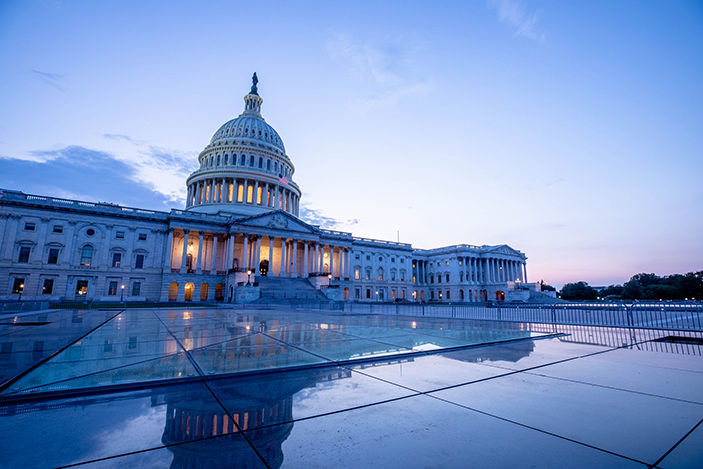
Scott Newman, Business Consultant - AdaptiveHR
420 Day: When Will Cannabis Be Federally Legal?
It’s been a long, hard fight for the federal legalization of cannabis in the U.S. While recent bills have been put forward by major politicians to do just that, it will likely be a while before one can break through and become law.
Most recently, the U.S. House of Representatives has approved a bill that would remove cannabis from the list of scheduled substances — decriminalizing it across the country. It’s called the Marijuana Opportunity Reinvestment and Expungement Act, or MORE Act.
Cannabis is currently a Schedule I drug under the Controlled Substances Act, meaning the U.S. government believes it has no medical use and a high potential for abuse.
The bill wouldn’t legalize the drug in the same way many states have. It wouldn’t create a process for establishing pot shops or set up a federal agency to regulate cannabis products. But it would clear the way for states to do that themselves, without the threat of selling an illegal product hanging over their heads.
The MORE Act would also slap a federal tax on cannabis products, expunge the criminal records of many people convicted of weed-related crimes, and clear up conflicts between state and federal laws when it comes to regulating cannabis.
As 420 Day approaches, that bill will head to the Senate, where it’ll face a much tougher road.
